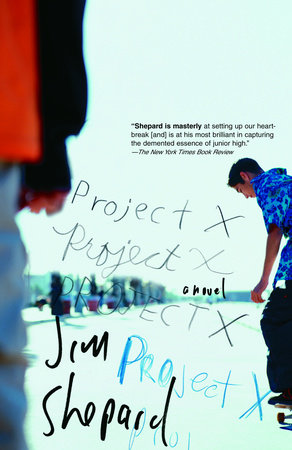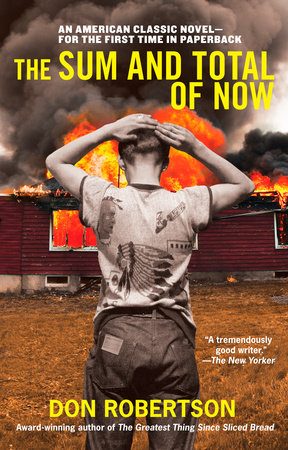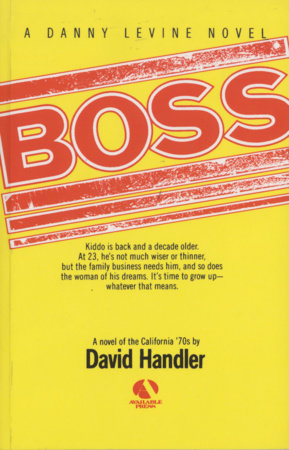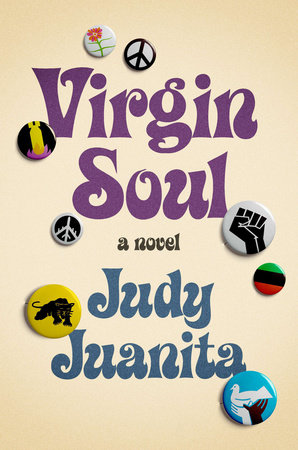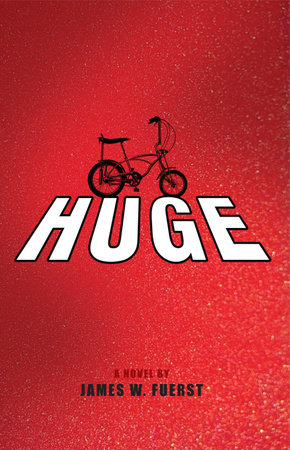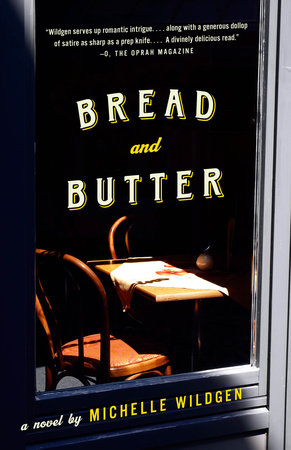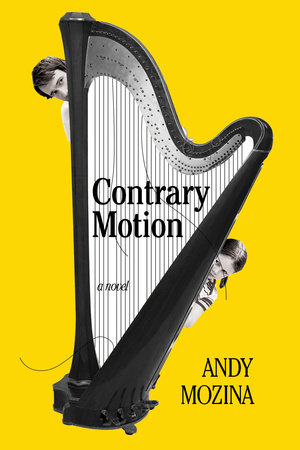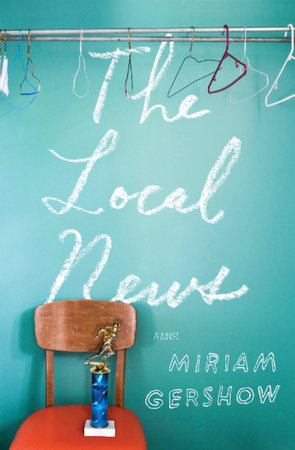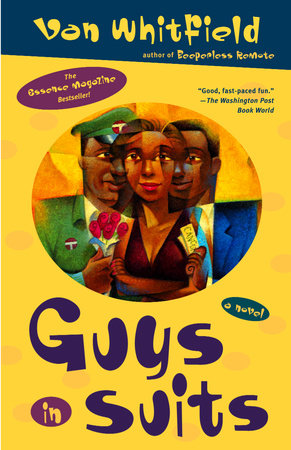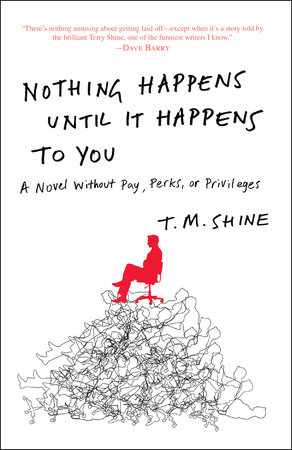A Conversation with Jim Shepard
Q: When did you first realize you wanted to be a fiction writer?
A: In third or fourth grade I found myself writing stories, almost exclusively about monsters: mostly variations on the universal monsters or silent film monsters, all of which I’d seen on TV by that point. My family tended toward very lax supervision. The nuns–I went to Catholic school until junior high–were happy to allow me to write, and write about anything, as long as I did it on my own time. So in English I’d finish diagramming sentences way before the time allotted was over, and I’d go back to Chapter Three of whatever I was working on. I drew the covers, too. I remember Sister Justine looking bemusedly at one entitled All That Blood. I never thought I’d be a writer, necessarily. My secret plan was that I would write and people would give me food. My ambition was to be a veterinarian, until I realized that they had responsibilities beyond playing with puppies or giving old dogs treats."
Q: This is an amazing book with a young narrator so alternately anxious and touching and funny, he reminded me of Holden Caulfield, if he were subjected to junior high school today. Was it the subject of alienation you were drawn to or a situation that could cause a Columbine-like reaction in kids?
A: The subject of alienation itself. I attended a sinkhole of a junior high (since greatly improved, apparently) and I remembered vividly, when first conceiving of this book, how much nearly everyone I respected in the school detested the place. And I wanted to write about what an unhappy nexus of self-imposed and official/repressive misery that place was.
Q: Other writers have said of your work, and it’s certainly true here, that you have an amazing ear for capturing the voice and tone of your subjects–be they children or grown-ups. Do you consider yourself a good listener or is it something else?
A: Well, I might consider myself a good listener, but my loved ones would probably want to weigh in on the subject with dissenting opinions. I grew up with a small nuclear family, but a giant Italian extended family–29 first cousins on my mother’s side–and so telling stories meant doing voices, as in, “So Auntie Ida says to me, ‘Aw, go take a shit for yourself–’”
Q: Although the action of this novel takes place after Columbine–and is even referred to in the book–it certainly brings up the same issues of handling revenge with a school shootout. In the film “Bowling for Columbine,” rock star Marilyn Manson is asked what he would have said to the two kids of Columbine if he’d had the chance and his answer is “Nothing. I’d just listen.” Is this what part of the problem is, that no one hears them?
A: That’s part of the problem, but only a part. I wanted to get at the way in which–and this I remembered, and I’ve witnessed–there’s also a heartbreaking inchoateness to what the kids want or need to express. So that even when adults do sit them down and wait, patiently, it doesn’t always work. That’s part of what rock music is about, I think: teenagers having registered that there’s no other adequate way of communicating what it is that needs communicating.
Q: In this story, it seems as though the parents of these 12-year-old kids, while trying to tune into their kids’ struggles, often seem to miss what’s really being said. Do you think that’s true for most families?
A: Yes. For all sorts of reasons. It’s so easy, as a parent, to slip into modes that are self-deluding and self-protecting.
Q: You have a wonderful/scary assessment of the relative popularity-to-geekness factor for the various groups in junior high (p. 34):“Behind the jocks are the artsy types. Behind them, the kids that are good at something real, like math” and downward it goes! Did you spend any time in a junior high to capture the world these kids are in or does this come from being a dad and a former graduate of junior high yourself?
A: Well, it comes from the living hell of my own junior high, as I said; but it also comes from having sat in on current junior high classes, both in Los Angeles and here in Williamstown, MA. Kind of a wide cultural spread there. And yet there was a lot more similarity than difference.
Q: In the novel, you describe posters with “positive” mottos seen throughout the school, which have almost painfully irrelevant phrases, such as an elephant on a beach ball that says “The Key to Life is Balance.” Did you see these as ironic?
A: Oh, yeah. All of those signs are real signs from real schools. And they’re not only ironic: they’re poignant, as well.
Q: After writing about the silent film director F. W. Murnau in your previous novel, Nosferatu, what made you decide to take on such a current-day subject?
A: The boy’s voice inhabited my head. He was really pissed off about something, and that anger was driving the voice. He had a story to tell, and that story had to do with a more radicalized version of the alienation that I experienced. When things like that happen, I’ve learned by now to run with them.
Q: Speaking of voices, in your new story collection, Love and Hydrogen, which Vintage is publishing simultaneously, there are a few stories told from a young boy’s perspective, such as "Mars Attacks." Are some of the experiences described in these stories taken from your youth?
A: A good many of them are, in transformed (transmogrified?) form, of course. I did indeed have a brother who struggled with mental illness; I went to a Catholic school much like the one described in "Eustace"; I played tag with airport security as described in "Runway"; I collected Mars Attacks cards; and a story like "The Mortality of Parents" is designed to exploit in peculiar ways the autobiographical fallacy. On the other hand, I was nowhere near the Hindenburg when it exploded, I’ve never played for Ajax or been to Amsterdam, and have never come face to face with a Megalodon in the Antarctic.
Q: What are your habits as a writer? What does an ideal day look like?
A: I write fiction in the mornings; do busy work in the afternoons. If I’m going well or at the end of a novel I might return to the fiction for a few hours in the evenings. An ideal day would involve all of that and basketball, and romps with the kids, and hours of lovemaking, and getting an inordinate amount of reading done, too. Too much sharing, I know. Anyway, as you can tell from the list, an ideal day is impossible. Mostly I stare out the windows, my mouth ajar.
Q: In Ron Hansen’s terrific interview with you in the current issue of Tin House, he says “In terms of intelligence, variety, humor, depth of feeling, and sheer mastery of craft, your fiction is among the finest being produced in America, and yet many of your books are scandalously out-of-print and you’re not even close to being a household name. Project X and the stories in Love and Hydrogen may change that deplorable situation, but I wonder if yours isn’t the fate of being a writer’s writer. What gets in the way of your popularity? Why ain’t you famous, kid?”
A: Ha! Why so parsimonious with the praise? I’m not even sure I am a writer’s writer. I mean, a lot of writers that I respect have told me that they admire my stuff; on the other hand, I’ve won fewer literary awards than Charo. I suppose one of the things that gets in the way of a bigger readership is something that countless reviewers have mentioned, occasionally with surprising peevishness: how different all of my fictions are; how hard it is to decide exactly what kind of stuff I do. It may be that without that kind of categorization it’s hard for book buyers to know what they’re getting. I’m not the Catholic Guy or the Post-Modern Guy or the Satirical Guy or the Historical Guy or the Whatever Guy. Other than that, who knows? I lament reaching so few people. But I also remind myself how fortunate I am: every so often the world leaves me alone, and let’s me do the thing I want most to do.
